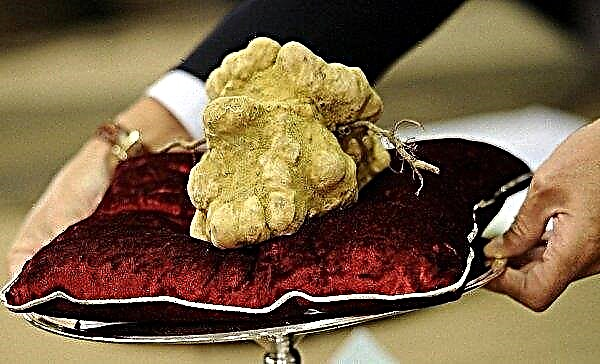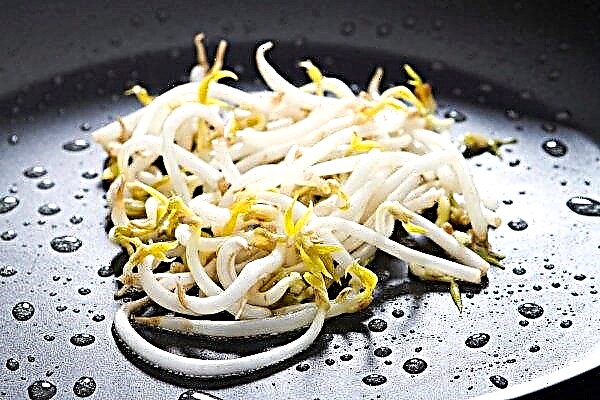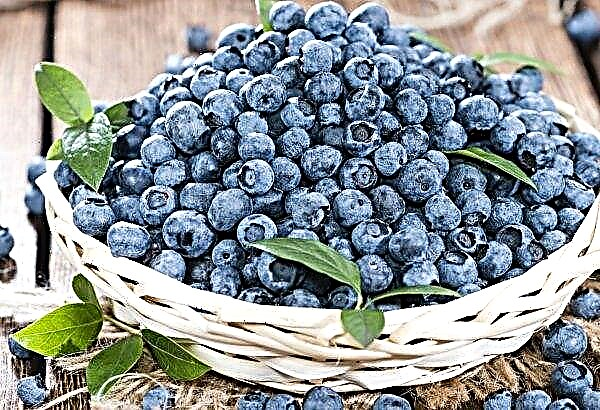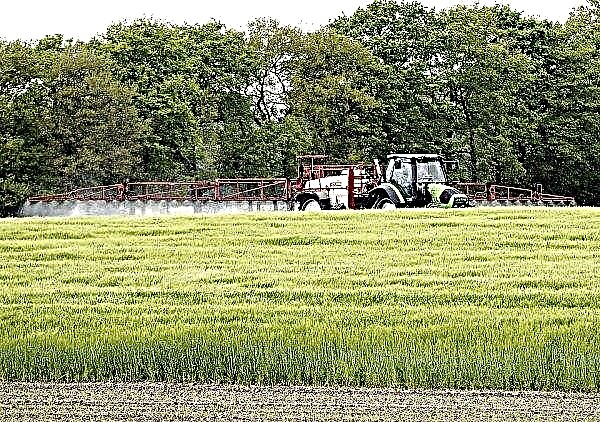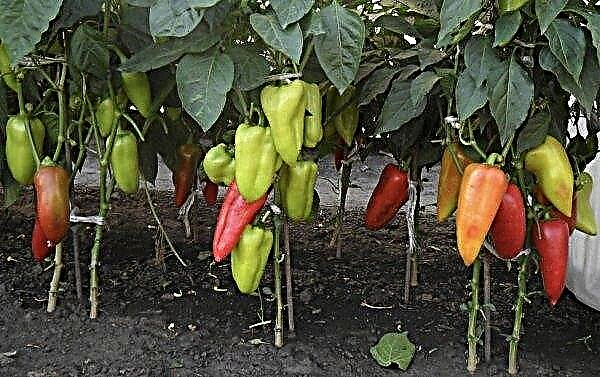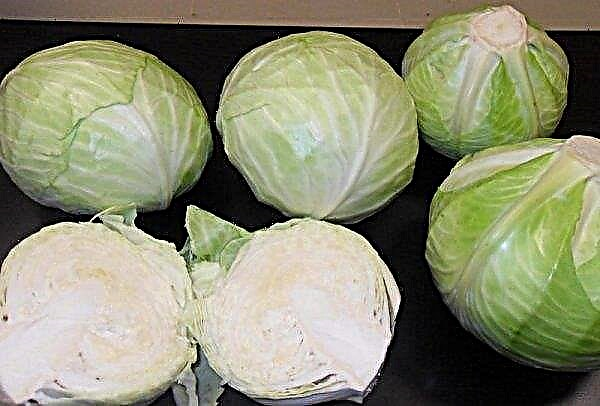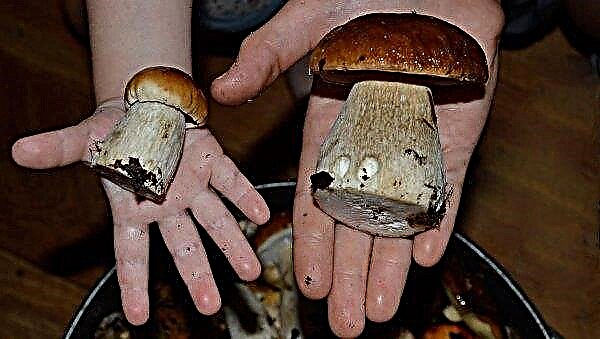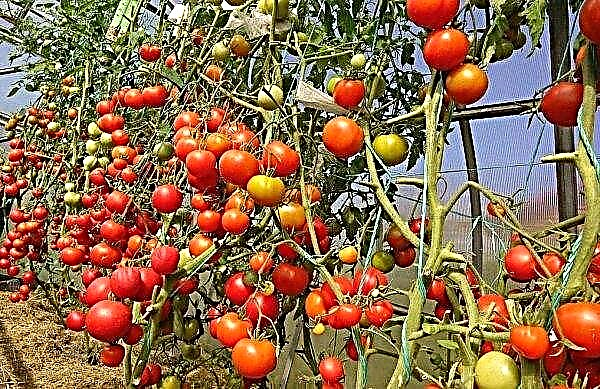The Kansas Senate approved a bill that would allow farmers to sell raw milk if farmers have labels on containers indicating that the product is unpasteurized.
Kansas has allowed the sale of raw milk for decades, but a 1967 law forbade farmers to advertise its sale outside their farms. Owners of northwestern Kansas Dairy Farm sued an advertising ban in October.

Attorney General Derek Schmidt and the State Department of Agriculture agreed not to apply the ban when considering the case. Schmidt admitted that this was "manifestly unconstitutional."
The end of the advertising ban initially forced lawmakers to reconsider the proposal to ban the sale of raw milk. But the Ministry of Agriculture did not want to implement this idea, and lawmakers were also skeptical.
People who drink and sell raw milk consider it a completely natural product that brings people closer to the source of their food.
Pasteurized milk undergoes a heating process to kill pathogens. According to the Food and Drug Administration, raw milk directly from a cow or goat is much more likely to carry salmonella, E. coli, and other bacteria.
You will be interested to read:
- Breeders of the Saratov region planned to produce 755 thousand tons of milk this year, which is 2.4% more than in 2018, the governor’s press service said.
- Dubai: as temperatures soar to the highs of the 40s, local dairy farms are doing their best again to protect their cattle from desert heat like a blast furnace, as high heat and humidity can be dangerous for dairy cows, reducing milk production and threatening their health and ability to endure calves before term.
- In the Vinnitsa region, two agricultural enterprises - “Olgopol” and “Ukraine O” - joined forces and efforts and built a dairy from scratch, now it will process products from a farm located nearby, which was reconstructed after several years of inactivity.


